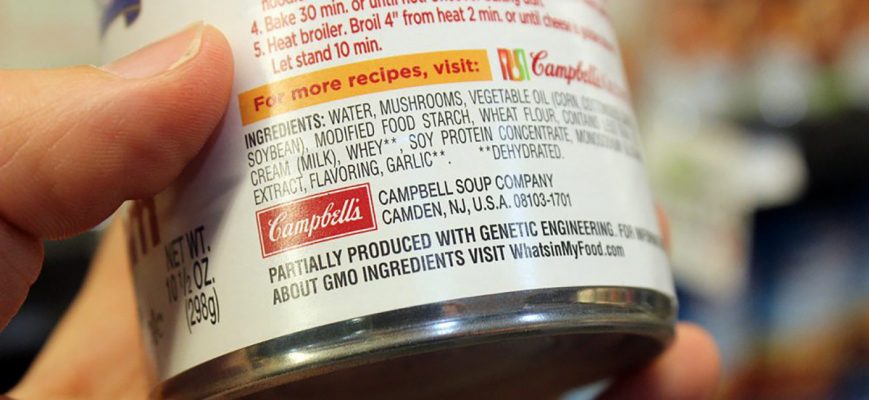Translation for the Food & Beverage Industry
The food industry is already one of the most highly-regulated in the world. In addition, EU food standards are becoming more and exacting. As such, translation for the Food Services sector is highly specialised… and unforgiving! It is vital that food labelling, ingredients and nutritional information are translated accurately to ensure both regulatory compliance, and customer satisfaction. Furthermore, if you are importing/exporting food products, the certificates of origin, import/export licenses, and shipping documentation must be legally correct and compliant. Which means that now, more than ever, it is essential that your documentation is translated by professionals, specialised in your field.
The importance of tailoring your marketing and sales documentation to local markets cannot be overstated. Studies have shown that consumers are 70% less likely to buy products if the packaging has been poorly translated.
What will need translating
- Advertising and marketing collateral
- Food packaging and labels:
- List of ingredients
- Food safety information
- Nutritional information
- Cooking instructions
- Menus and recipes
- Point of sale collateral for in-store promotions
- Food ecommerce websites
- Food processing equipment manuals
- Certificates of origin, import/export documents and shipping information
- HACCP documents (a certification body that identifies, evaluates, and controls potential hazards in food production.)
Food, ethics and wellness
In recent years there have been many new developments in the food industry. Consumers are paying far closer attention to what they eat. Both with regard to ethics (such as fair trade, animal welfare and the impacts on climate change) and general wellness (tolerance to lactose, gluten and saturated fats), as well as religious needs (halal and kosher diets).
Above all, consumers want clear information about what is in their food. And you need to speak your customers’ language! If you are using organic produce, plant-based proteins, artificial colouring and preservatives, or GMOs (genetically modified) ingredients, this must be communicated effectively — both accurately and in plain language. This is especially true if your ingredients or suppliers are providing an added value!
And let’s not even think about how disastrous a mistranslation could be for someone with allergies — there’s a big difference between pine nuts and peanuts.
Find out more: Accuracy in Translation
Food services translation is specialised
The food services industry, in general, requires a high degree of specialisation. For example:
- Should you translate crêpe from French to English as pancake? Or should you just remove the accent: crepe? This is the sort of decision which a company will generally make and specify as a terminological preference.
- The menu of one multinational coffee franchise describes its “ensaïmada de Mallorca” (a kind of sweet pastry) as ‘sweet bread’. Unfortunately, ‘sweet bread’ in fact refers to another delicacy which is derived, most commonly, from testicles.
When translating, it’s also important to consider which language-variation you are translating into. For example, there are numerous differences between US- and GB-English. To an American it’s an eggplant, to a Brit it’s an aubergine. What Americans call capsicums, are peppers in GB-English, whereas pepper in US-English refers only to the ground seeds you sprinkle on your food…
Our service
We’ve all seen a funny translation on a holiday menu — but you don’t want your company to be the butt of the joke. Therefore, use a professional translation agency to ensure you send the right message.

Goatcheese?! It’s made with goat’s milk, not goats!
‘Warm’ would be fine… but wait, it comes with cherry tomatoes and… sprockets?!
In English, piñones are pine nuts. But piñones (the same word) are also sprockets. Oops!
From marketing collateral to technical documents, QuickSilver Translate has wide experience in translating within the retail industry. All business documentation is directed at one or more groups of stakeholders: certainly, understanding who the target audience is will help you shape the type of translation required. QuickSilver Translate will identify the appropriate approach for a translation, and our specialised translators will respond precisely to your needs, guaranteeing a translation of the highest possible quality.

